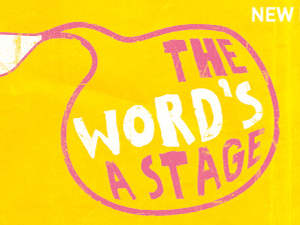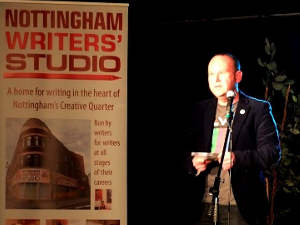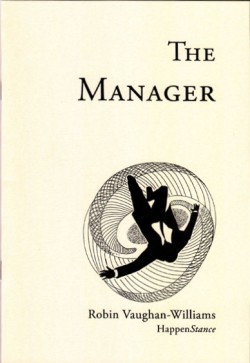Starter activity for children’s writing workshop (emotions)
Three weeks into the new after-school Creative Writing Club that I’m running for Years 4–6 at Joseph Hood Primary School in Merton. This week we wrote about emotions, and I developed a starter activity called Smiley Bingo!, which I thought I’d share.
I’ve created an activity sheet with a series of situations that have emotional connotations on it. Most of the situations sound like they might be pieces of direct speech, e.g. ‘I miss you’ and ‘It’s getting dark’. Some are obvious, others are a bit more open to interpretation, like ‘Hmmm…’.
As a starter activity, participants can draw emoticons to go with each of the situations. We then did a silly warm-up pulling different kinds of smiles:
- Smile like you’ve had a really nice day.
- Smile like you’re having your picture taken.
- Can you smile with your mouth open but without showing any teeth?
- Who can do an upside-down smile, like Mr Miserable?
Then it was time for Smiley Bingo! I gave everyone one of the situations from the Bingo sheet, which were written on the back of a card so no one else would know which situation they had. We went round the circle, and everyone had to try to express their situation through a smile.
This can be quite tricky, as they are not all naturally smiley situations, but it gives everyone an idea of how many different meanings a smile can have…and how many different ways there are to smile. I gave a little demonstration first—if I had to smile ‘boring’, for example, I would first mime that situation (using facial expression and body posture), then try to smile while holding the freeze. But I don’t think they needed it—they eagerly rose to the challenge.
The bingo part comes next: when someone pulls a smile, everyone else has to guess which situation it is. If you get it right, you tick that situation. At the end everyone counts up their ticks to see who’s got the highest score. If no one correctly guesses a smile, the smiler gets the point.
With everyone enjoying themselves, relaxed and stimulated, we could move onto some writing.
Comments
- The emoticons were an instant hit, and when we had a minute to spare at the end of the session after sharing they were eager to draw some more.
- You can make up your own situations, of course. If you do, please leave a comment below letting us know what situations you used, and how your session went.
- There were a couple of unexpected questions. Someone wanted to know what ‘I miss you’ and ‘Will you be my friend?’ meant, but that was easy enough to explain.
- I developed the idea out of an exercise Caroline Bird did when I was on the TOAST Poets mentoring scheme in 2016. She gave us each an emotion on the back of a card, and we had to smile that emotion. So thank you, Caroline, for the idea.
- I found it quite difficult to keep in my head all the different situations, while looking at the smiler, so perhaps sixteen options is too many. Having said that, it didn’t seem to bother the members of the writing club.
DOWNLOAD SmileyBingoActivitySheet.doc
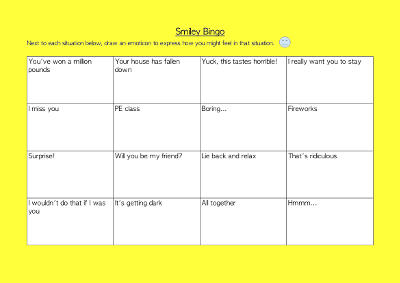



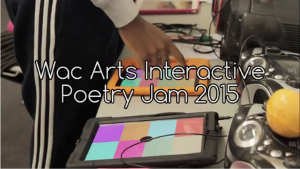 In September 2015 I ran a digital poetry jam project with young people in the WAC Interactive group at
In September 2015 I ran a digital poetry jam project with young people in the WAC Interactive group at 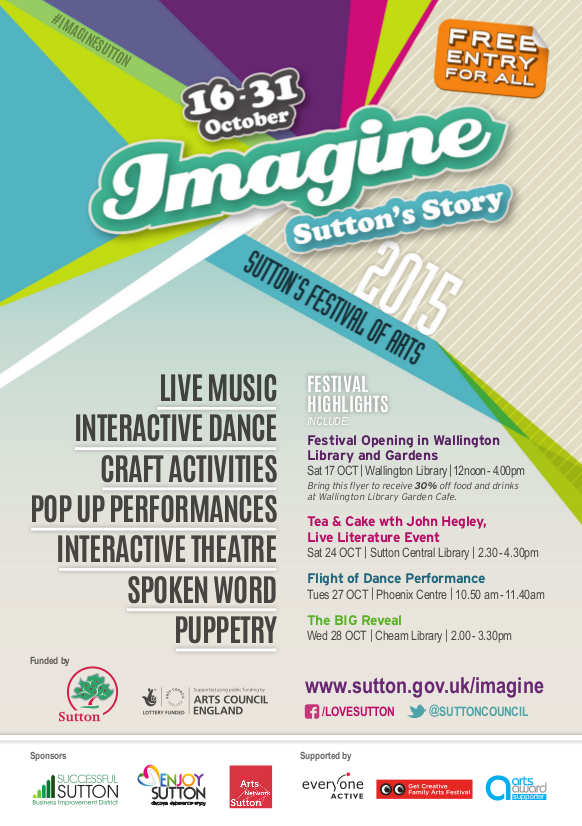
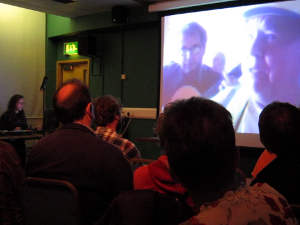 Texas 2 London, my next Skype event, is happening this Friday, 10 April, in Colliers Wood, London. We’ll be linking up with a parallel event at the
Texas 2 London, my next Skype event, is happening this Friday, 10 April, in Colliers Wood, London. We’ll be linking up with a parallel event at the